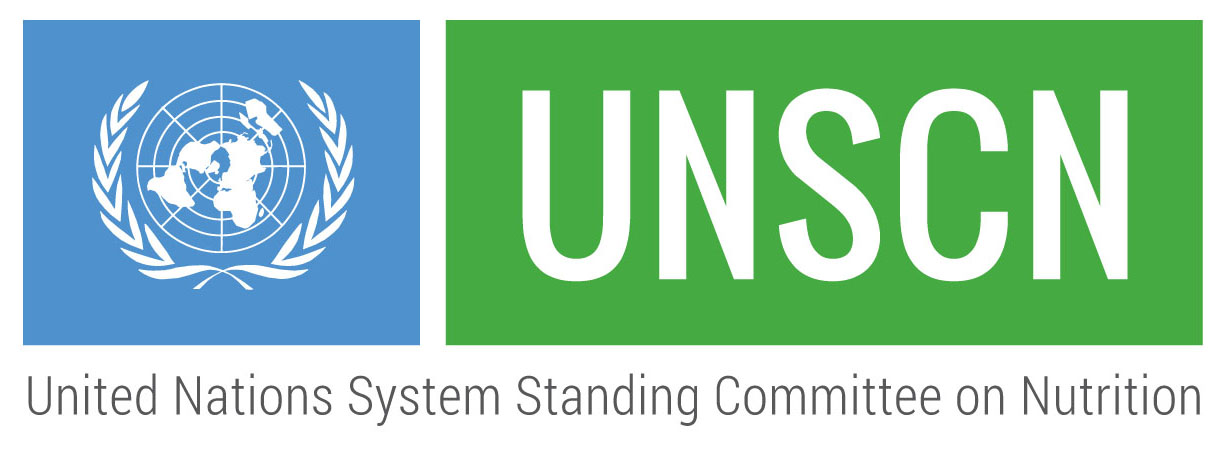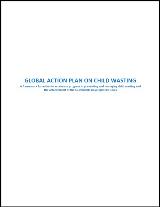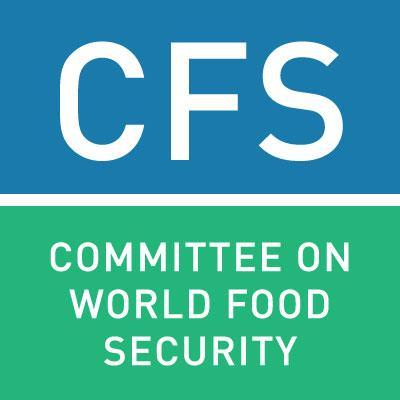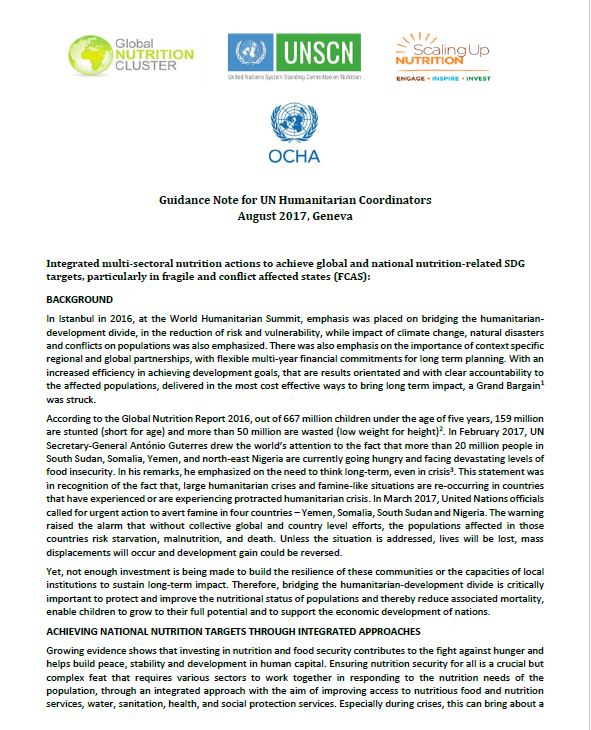Nutrition and crises
It is recognized that the forms and severity of malnutrition differ according to contexts; in particular, emergency and fragile situations require specific attention.
Hunger and malnutrition are key concerns for refugees and displaced populations, representing currently around 40 million people worldwide, many of whom - infants, children, adolescents, adults and older people - suffer from one or more forms of malnutrition. Displacement itself can lead to food insecurity, as the journey is often long, difficult and expensive. Families left behind not only lose a source of income but may also incur debt to facilitate the onward journey of relatives.
The most commonly recognized micronutrient deficiencies across all ages are caused by a lack of iron, zinc, vitamin A and iodine. Although pregnant women, children, and adolescents are often cited as populations affected the most by hidden hunger, it impairs the health of people throughout the life cycle. The levels of malnutrition in emergencies depend on factors such as the degree of civil security, food availability and accessibility, access to health services, and adequacy of assistance delivery.
Latest content relevant to Nutrition and crises

Evidence and Guidance Note on the Use of CVA for Nutrition Outcomes
18/08/2020 - The main purpose of this document is to provide the nutrition sector with evidence and guidance to more routinely consider and, if appropriate, use cash and voucher modalities in nutrition in [...]

Webinar: Strengthening Food Systems in Fragile Contexts
03/08/2020 - Monday August 3rd, 2020 - 2.00PM CEST/1.00PM BST/08.00 US EST To join the webinar please click here The Global Panel on Agriculture and Food Systems for Nutrition is pleased [...]

COVID-19 pandemic: The evolving impact on how people meet the food system
28/05/2020 - For more than two months now, the world has been living in semi-confinement and the world’s economy moving in slow motion due to the global COVID-19 pandemic. Both the disease and the measures [...]

Global Report on Food Crises 2020
21/04/2020 - The Global Report on Food Crises is the result of a joint, consensus-based assessment of acute food insecurity situations around the world by 16 partner organizations. It is facilitated by the Food [...]

Global action plan on child wasting: a framework for action to accelerate progress in preventing and managing child wasting and the achievement of the Sustainable Development Goals
09/03/2020 - The Sustainable Development Goals (SDGs) incorporated the WHA targets to reduce the proportion of children suffering from wasting to <5% by 2025 and <3% by 2030. Yet, since these targets [...]

Call for Inputs on the use and application of the CFS- Framework for Action for Food Security and Nutrition in Protracted Crises (CFS-FFA)
06/11/2019 - The Committee on World Food Security (CFS) has launched a survey to collect experiences and good practices in the use and application of the CFS Framework for Action for Food Security and [...]

Global Report on Food Crises 2019
02/04/2019 - Around 113 million people in 53 countries experienced acute food insecurity in 2018, compared to 124 million in 2017. However, the number of people in the world facing food crises has remained well [...]

Guidance Notes on Integration of Nutrition in the UN Development Framework and in Humanitarian Situations
22/08/2018 - Bridging the humanitarian-development divide is a vital necessity for combatting malnutrition and sustaining good nutrition outcomes in today’s world. According to the 2017 SOFI report, of the [...]

Reaching those left furthest behind: Addressing hunger and poverty in protracted crises
12/07/2017 - 12 July 2017, 13:15 - 14:30 EDT - United Nations HQ, Conference Room 6 (New York, USA) CFS side event at the 2017 High Level Political Forum (HLPF).Why are protracted crises situations [...]

Guidance Note for UN Humanitarian Coordinators: Integrated multi-sectoral nutrition actions - Nutrition Cluster
31/05/2017 - Integrated multi-sectoral nutrition actions to achieve global and national nutrition-related SDG targets, particularly in fragile and conflict-affected states Reaching the most vulnerable populations [...]





